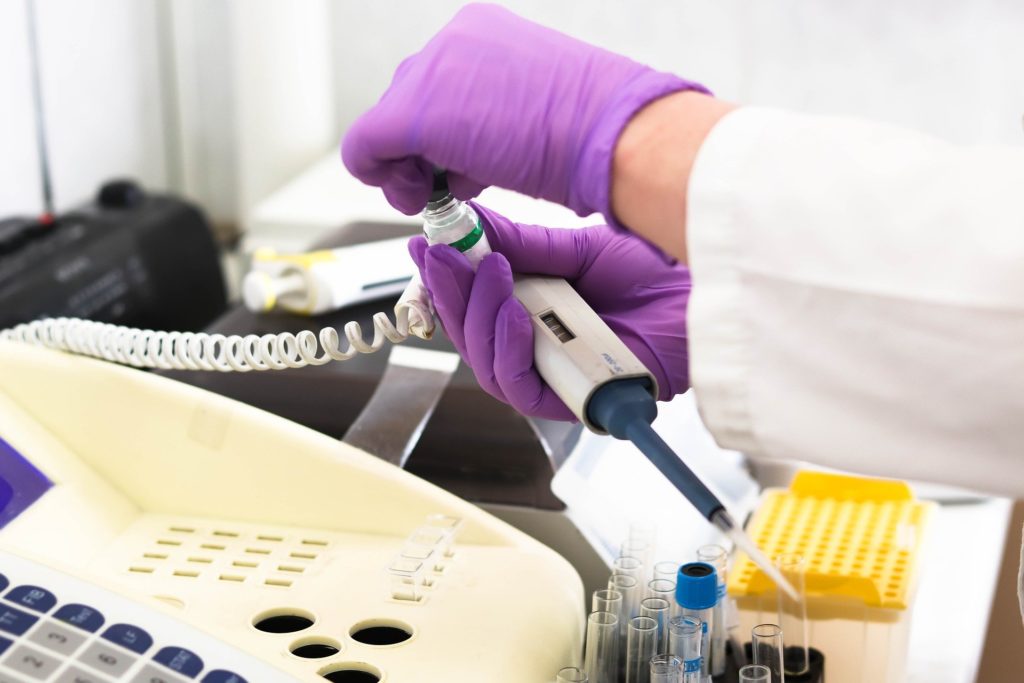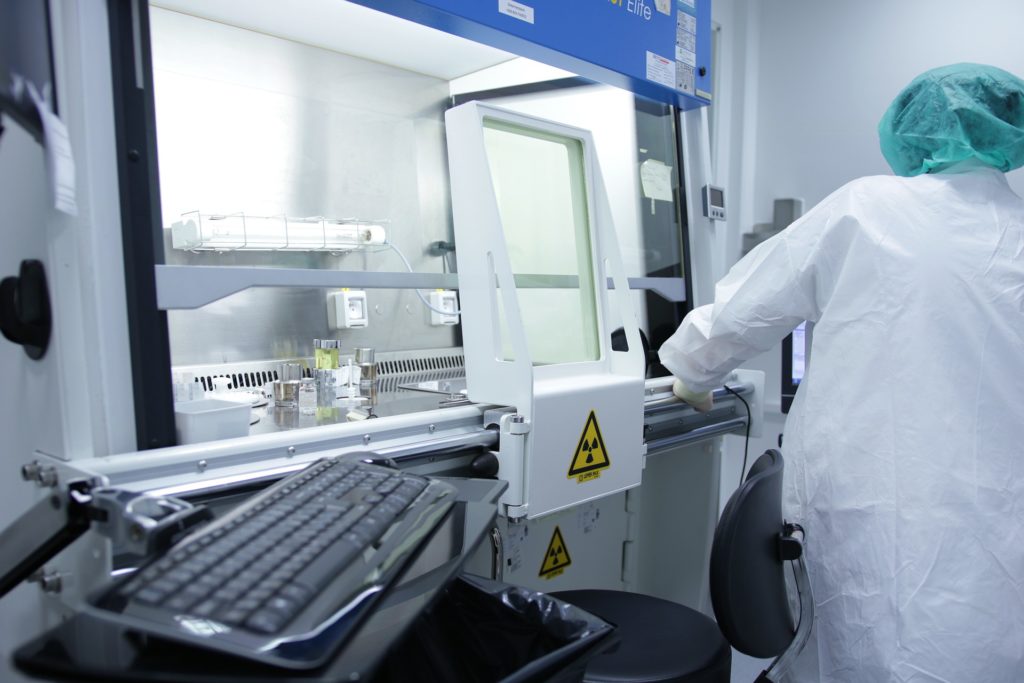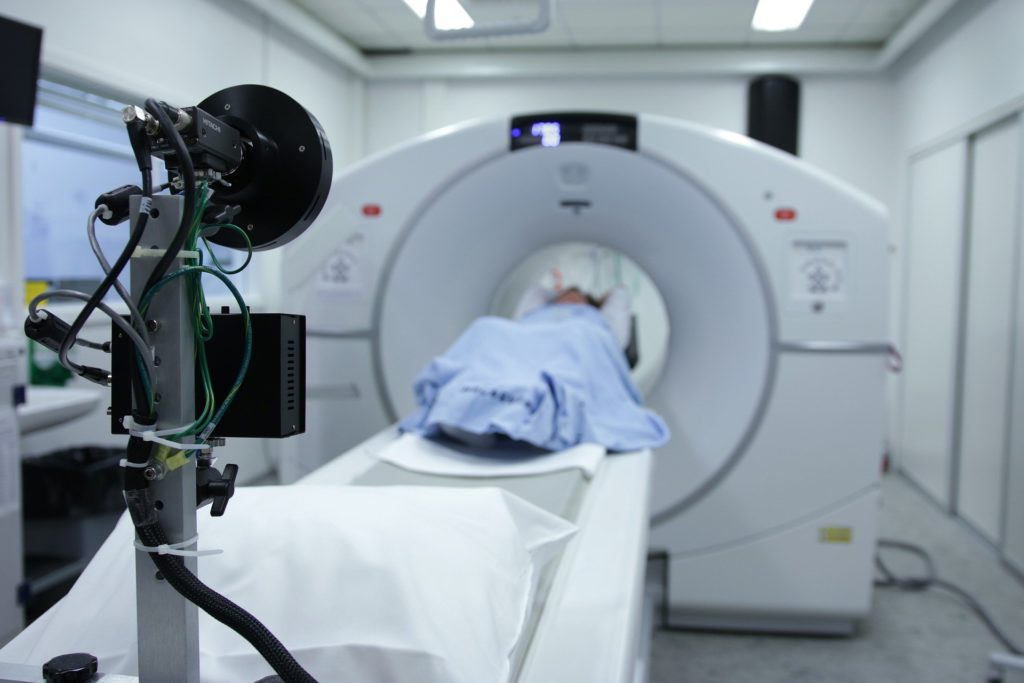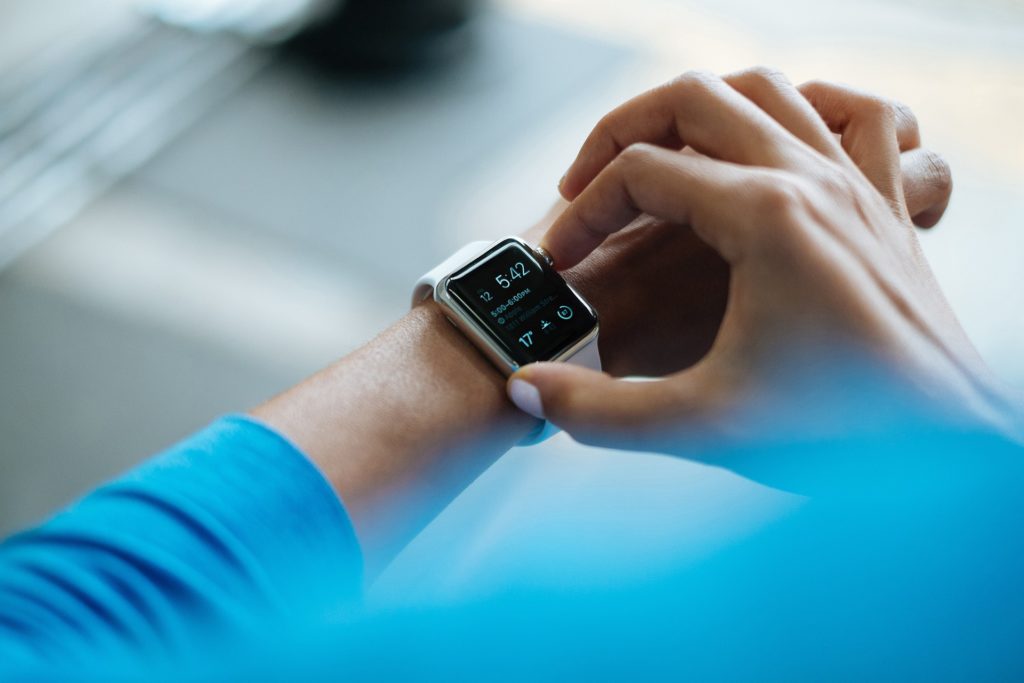& Construction

Integrated BIM tools, including Revit, AutoCAD, and Civil 3D
& Manufacturing

Professional CAD/CAM tools built on Inventor and AutoCAD
4 min read

Image courtesy of Pixabay.
It’s no secret that artificial intelligence has experienced a boom over the past five years, as companies have openly developed numerous algorithms tailor-made for applications in various industries. One such industry is healthcare, where immense data capture and governance occurs every moment of every day globally. This reality has forged strong bonds between the healthcare world and AI developers. What does the healthcare AI landscape look like, and why does this revolution matter?
The total market for healthcare AI reflects just how enthusiastically companies are developing related solutions. Experts predict that global healthcare AI revenue will eclipse $34 billion, while the use of 22 different tools will generate $8.6 billion annually by 2025. New tools have spawned over time while existing tools have grown more robust. This improved functionality goes a long way towards winning professionals over, ultimately boosting adoption.
The emergence of healthcare AI has advanced the medical industry in these noteworthy areas:

Image courtesy of Pixabay.
Intel Labs has been a major developer of healthcare AI for some time, having partnered with Penn Medicine earlier this year to advance a joint Brain Tumor AI project. This technology uses databases of patient information to provide diagnoses with 99% accuracy. That level of success is staggering, yet it doesn’t happen overnight. Diagnostic AI can’t move immediately from development to implementation, considering its use case is so sensitive. A diagnosis of a major illness carries a lot of weight for patients, and thus accuracy is of the utmost importance.
Engineers prepare AI algorithms for prime time by exposing them to training sets — large samplings of data used to pinpoint algorithmic strengths and weaknesses. The AI framework is improved until it delivers exceptional results that match expectations. Researchers used the International Brain Tumor Segmentation database in this instance, though we can expect similar procedures for other medical conditions.
The Brain Tumor AI Project also illustrates how intelligently-applied AI can safeguard patient privacy. Data mobility involved in artificial intelligence can pose security risks unless it’s done in a federated fashion. AI models of old required institutions to transport data offsite to remote locations—often a centralized database. Transit is vulnerable, but placing one’s eggs in one database basket carries its own concerns. What if this central hub of information suffers from a breach? HIPAA and other regulations in the healthcare field levy stiff penalties for privacy failures.
The federated approach to AI in healthcare lets the models travel (as opposed to the data), keeping medical institutions in control of information without exposing personal patient information. This methodology will gain plenty of steam in the coming years.

Image courtesy of Pixabay.
From time to time, and especially during a pandemic, people can’t always seek care effectively. Also, consider that seniors and dependent individuals cannot easily find transportation to doctors’ offices, clinics, or hospitals. AI allows healthcare providers to bring care to households. Patients can use their electronic devices to seek medical care and advice.
Companies like mHealth and Woebot have led the charge on diagnostics and mental health in the past two years. The premise is that AI-powered chatbots give patients someone to talk to from any device—be it a phone, tablet, or laptop. Based on received responses (and images), these algorithms can diagnose illnesses and offer treatment options. This can grant underserved communities easier access to healthcare, which can be a pain point for rural communities or those with high patient-provider-ratios. Healthcare costs are exorbitant in some countries—AI could help remove this barrier.

Image courtesy of Pixabay.
There are numerous sensors and devices that can monitor our homes and workplaces. What if that same functionality could be applied to continuous health monitoring? This concept is where medical IoT devices—notably implants and wearables—can really shine. The AI component helps embedded nano-sensors interpret constantly-ingested data, leading to diagnoses or flagging of problematic health conditions. These parameters extend beyond simple vital signs. They can include numerous other tests, like cholesterol monitoring, blood sugar monitoring, or theoretical immune response oversight to identify infections. Companies may also employ delivery via pills containing sensors.
AI is no longer discussed strictly within the confines of science fiction novels. Engineers are constantly finding ways to introduce the medical field to advanced AI models. The market demand is there; industry sentiments are growing more optimistic, and the technology more sophisticated. Healthcare is the perfect frontier for AI. Only time will tell just how integral it’ll become in our daily lives.
Fusion 360 is the perfect tool to help you leverage AI for simple solutions to complex problems, including those in the healthcare sphere. With its flexible, cloud-based platform and easy-to-use design tools, you’re capable of changing the design world, one model at a time.
Try Fusion 360 today.
By clicking subscribe, I agree to receive the Fusion newsletter and acknowledge the Autodesk Privacy Statement.
Success!
May we collect and use your data?
Learn more about the Third Party Services we use and our Privacy Statement.May we collect and use your data to tailor your experience?
Explore the benefits of a customized experience by managing your privacy settings for this site or visit our Privacy Statement to learn more about your options.